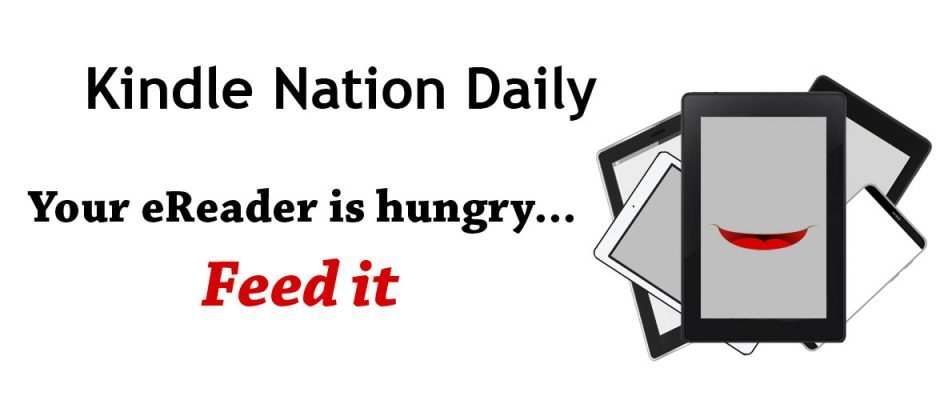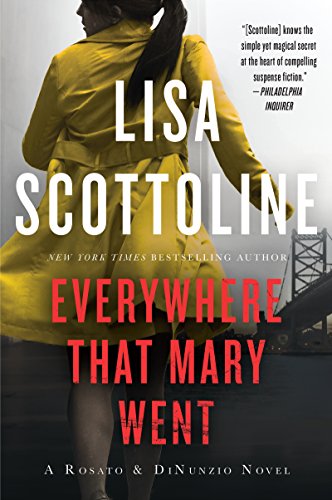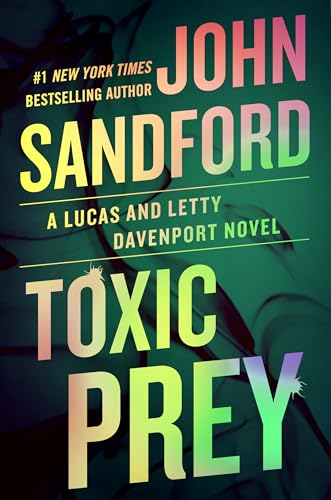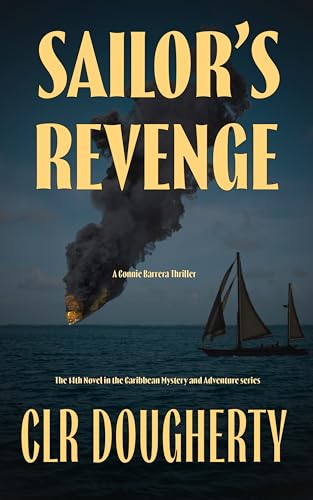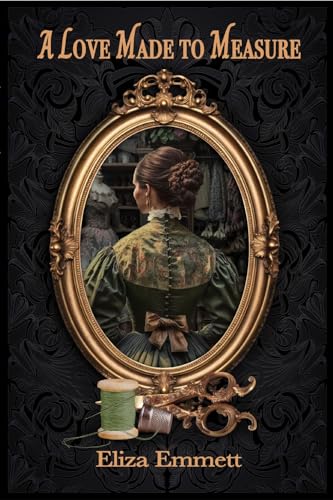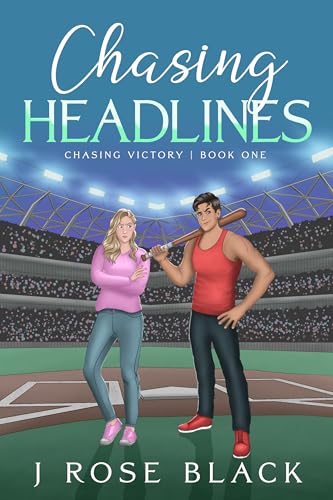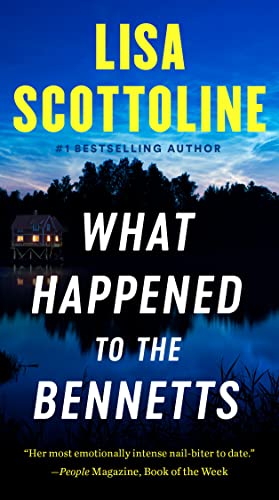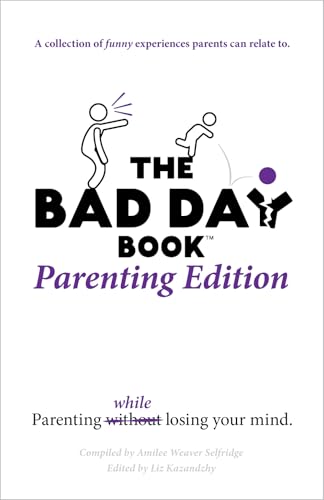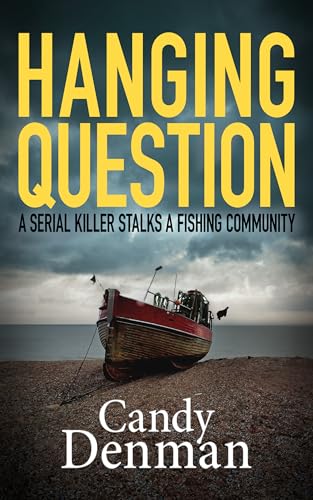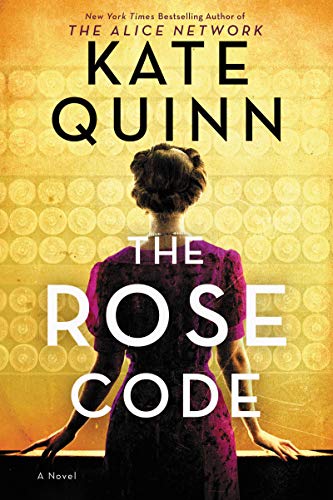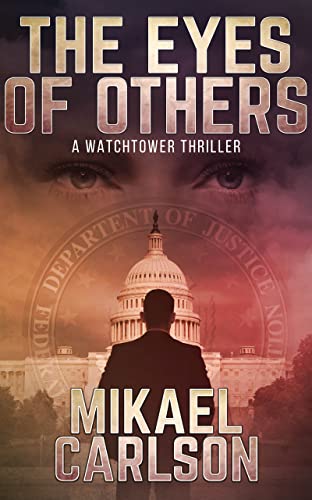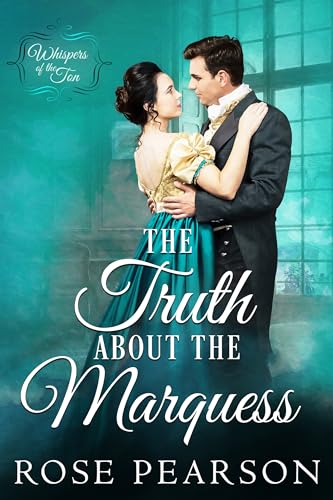Remember the question that helped vault Ronald Reagan into the presidency back in 1980? With apologies to President Reagan’s debate prep team, a slightly different version of that question occurred to me the other day as I was finishing work on a chapter of a new book that I’m co-authoring with Martin Higgins, co-founder of BookLending.com:
“As readers, are we better or worse off than we were when the Kindle was launched on November 19, 2007?”
I put the question out there on the Kindle Nation Facebook page — by the way, stop by and say hello! — and got some interesting responses, which I will post below.
What do you think? Please post a comment on Facebook or email your thoughts to KindleNation+Better-or-Worse@gmail.com!
-
-
 John NelsonFar, far better off.
John NelsonFar, far better off. -
 Cindy Keim
Cindy KeimWay better off!!!!
-
 PaulineI know people who read MORE since they got a Kindle!
PaulineI know people who read MORE since they got a Kindle! -
 CliffI know I’ve read more with my Kindle, and I’ve only had it for a month.
CliffI know I’ve read more with my Kindle, and I’ve only had it for a month. -
 BrendaBetter
BrendaBetter -
 EmmaI think we are much better off! I know I am! Revisiting classics, reading genres and authors I may never have thought of before, and reading everything faster! What’s not better off?
EmmaI think we are much better off! I know I am! Revisiting classics, reading genres and authors I may never have thought of before, and reading everything faster! What’s not better off? -
 TracyKindle is a wonderful thing ♥
TracyKindle is a wonderful thing ♥ -
 WilliamBetter off. I still prefer DTBs, but no doubt the Kindle is a wonderful invention. My wife certainly loves hers.
WilliamBetter off. I still prefer DTBs, but no doubt the Kindle is a wonderful invention. My wife certainly loves hers. -
 PauletteMuch better off. I have not met/heard anyone complain about not liking their Kindle. Certainly, I have read more and my husband loves his. Thanks KINDLE.
PauletteMuch better off. I have not met/heard anyone complain about not liking their Kindle. Certainly, I have read more and my husband loves his. Thanks KINDLE. -
 LeslieI am definitely reading more, discovering new authors and genres. The only problem I have with my Kindle is that it’s so hard to put down, and I’m neglecting other things. Guess I’ll have to hire a maid!
LeslieI am definitely reading more, discovering new authors and genres. The only problem I have with my Kindle is that it’s so hard to put down, and I’m neglecting other things. Guess I’ll have to hire a maid!
-
